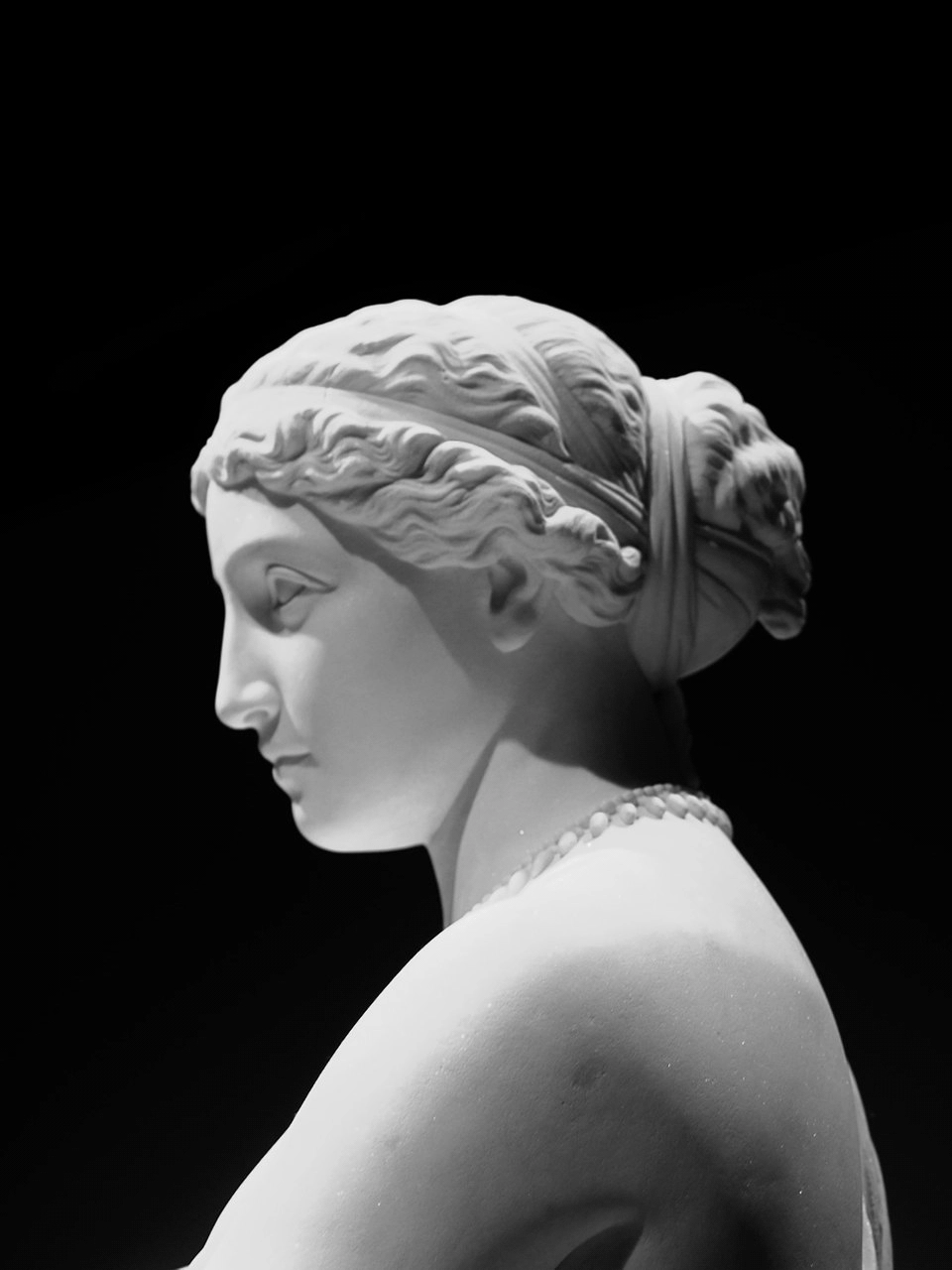an arbitrary influx of emotion while
lying in the grass,
feeling the earth move under my toes:
i swear my moods swing like
gravity,
but a negative velocity and a negative mood
do not coalesce to become
positive.
Newton’s second law of motion yields a
force
which reaches infinity, and
these breakdowns are like a
bomb
coded with Schrodinger’s Copenhagen interpretation in mind
and im simultaneously okay and
falling apart at the seams.
this fragmented set of emotion cannot be
analyzed by chaos theory,
i can’t traverse backward up a
binary search tree and find the root cause of
such a strength and totality of
mind.
it’s a wrecking into another ship,
and that ship is your consciousness, and
every neuron represents a person on the boat
who remains placid and calm,
staring at the crash and accepting the
death of emotion.
but there is one lone neuron..
one drop in the ocean
to set forth such a powerful charting into unknown territory and
i am back,
lying in the grass,
feeling the earth under my toes.
